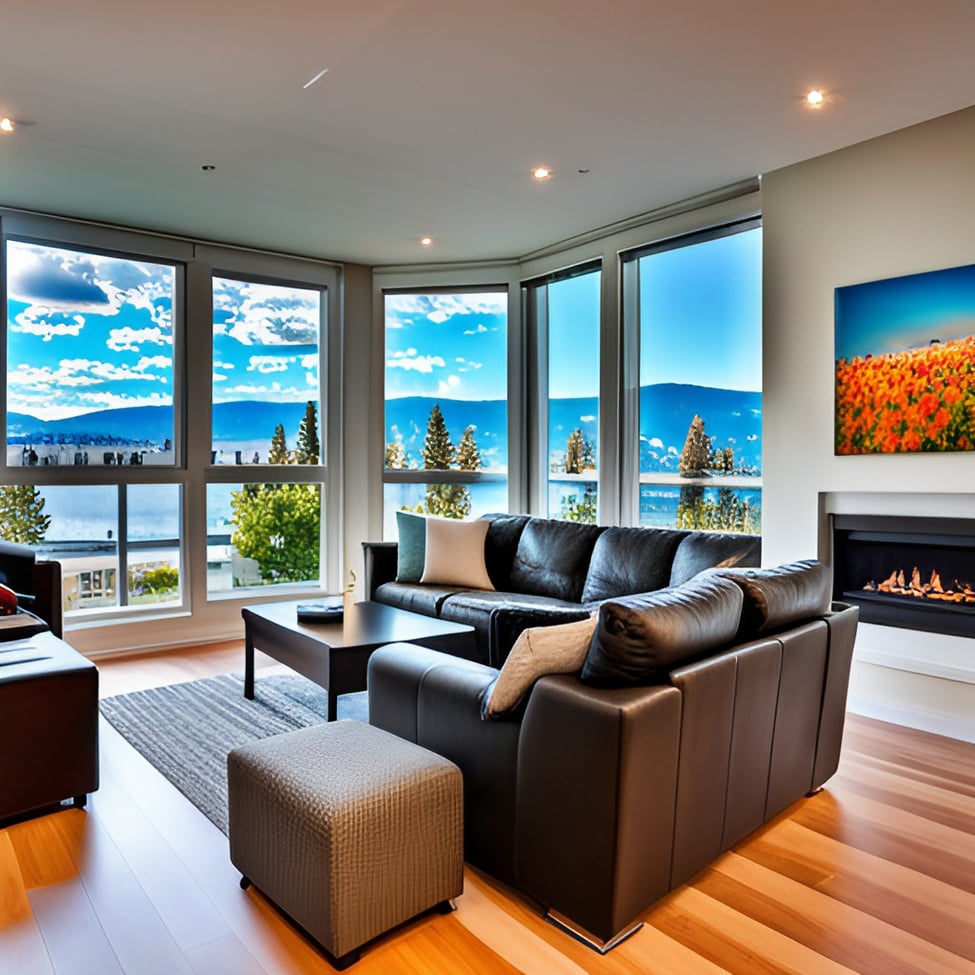In the picturesque landscapes of British Columbia, from the vibrant city of Vancouver to the serene views of Kelowna, the real estate market presents a variety of living options to suit different lifestyles and preferences. Among these, strata properties and detached single-family homes stand out as popular choices. Understanding the nuances between these two can help prospective buyers make informed decisions that align with their long-term goals and preferences.
What is a Strata Property?
Strata properties, widely prevalent in British Columbia's urban centers, refer to individual units within a larger complex where owners share ownership of common property and amenities. This model is not limited to apartments and condos; it also includes townhouses, duplexes, and even some single-family homes in designated strata subdivisions. The governance of these properties falls under a strata council, which oversees the maintenance of common areas, enforces bylaws, and manages the strata corporation's budget.
Pros:
- Access to Amenities: Many strata properties offer amenities such as pools, gyms, and community spaces.
- Lower Maintenance Responsibilities: External property maintenance (landscaping, exterior repairs) is handled by the strata corporation.
- Community Living: Strata living fosters a sense of community among residents.
Cons:
- Strata Fees: Owners are required to pay monthly fees for the upkeep of common areas and amenities.
- Regulations and Bylaws: Strata living comes with rules that may restrict certain activities or changes to the property.
- Privacy: Shared walls and common spaces can mean less privacy compared to detached homes.
Detached Single-Family Homes
Detached single-family homes, often the epitome of the Canadian dream, stand alone without shared walls or common areas. These properties offer homeowners complete control over their land and dwelling, providing a level of autonomy not typically found in strata living.
Pros:
- Autonomy and Freedom: Owners have more freedom to modify their homes and use their land as they see fit.
- Privacy: Detached homes offer more privacy, with no shared walls or common areas.
- No Strata Fees: Without common property, there are no monthly strata fees.
Cons:
- Maintenance Responsibilities: Homeowners are responsible for all aspects of maintenance, both inside and out.
- Higher Costs: Generally, detached homes are more expensive than strata units, both in purchase price and maintenance costs.
- Lack of Amenities: Unlike many strata developments, detached homes typically don't come with access to additional amenities.
Choosing Your Ideal Home in British Columbia
When considering a home in British Columbia, whether it's the bustling streets of Vancouver or a tranquil lakeview home in Kelowna, it's essential to weigh the lifestyle you desire against the responsibilities you're prepared to undertake. Strata living offers convenience and community at the cost of some personal freedoms, while owning a detached single-family home offers independence and privacy with increased maintenance responsibilities.
Ultimately, the choice between a strata property and a detached home depends on your personal preferences, lifestyle, and long-term goals. With the stunning natural beauty and diverse living options available in British Columbia, you're sure to find a place that feels like home.
Whether you're drawn to the community and convenience of strata living or the autonomy and space of a detached home, British Columbia's real estate market has something to offer everyone. Consider your priorities, consult with real estate professionals, and take the time to explore what each type of property can bring to your life. Remember, buying a home is not just a financial investment but an investment in the lifestyle you wish to lead.
.png)
